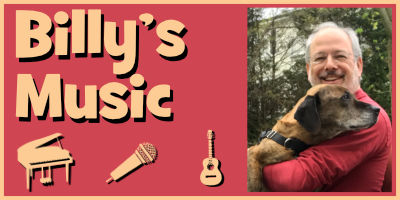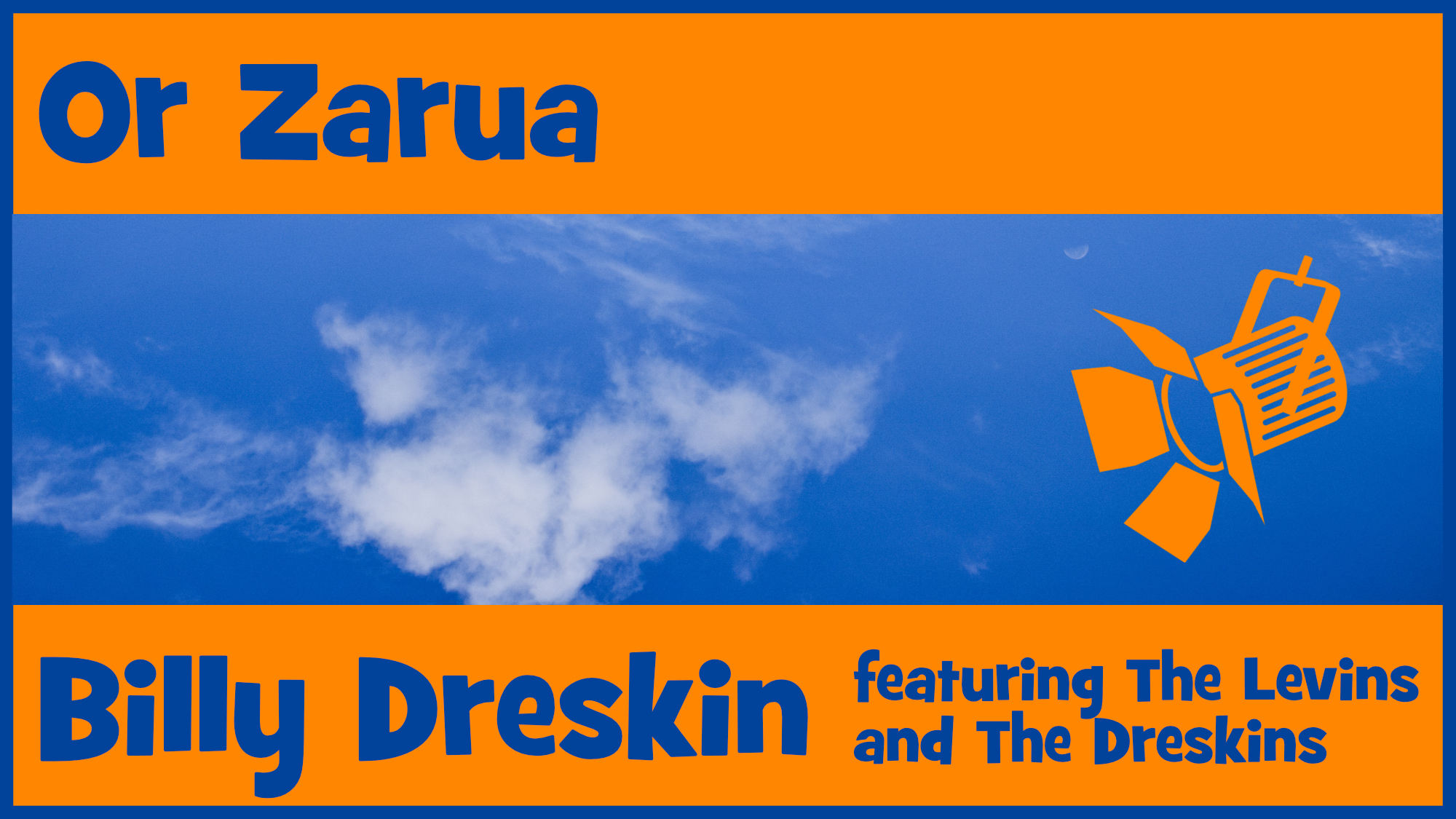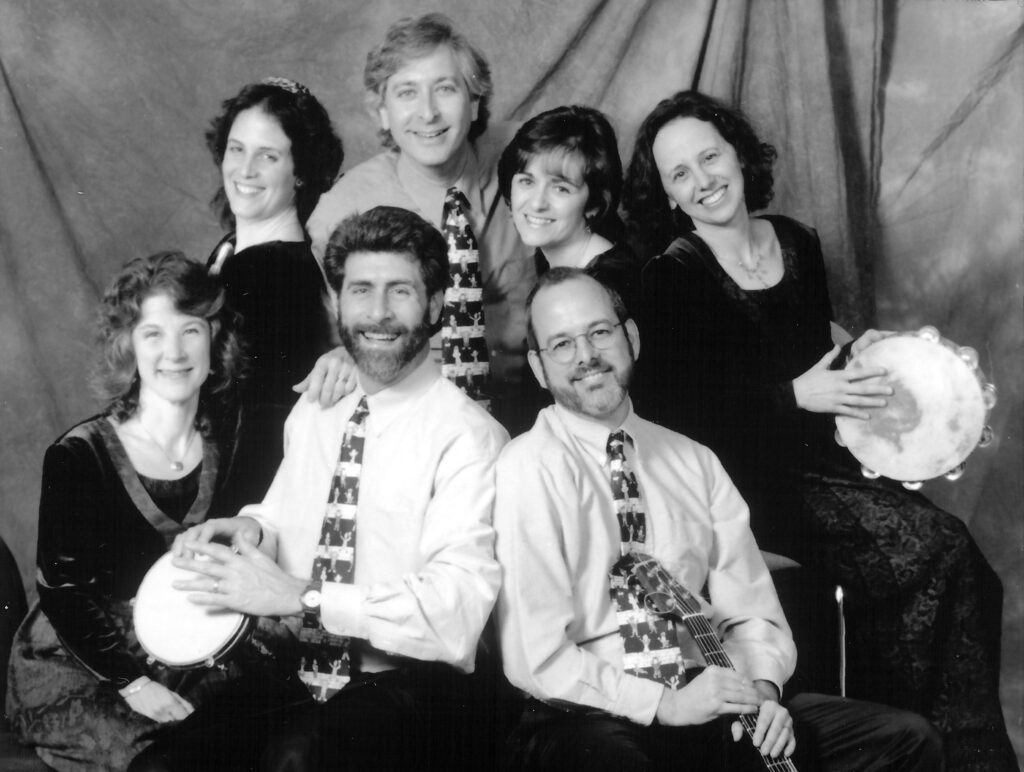The 1619 Project: Changing Our Melody
Adapted from a presentation at Woodlands Community Temple
January 3, 2024 • 25 Tevet 5784
One day, many years ago, while driving my young children around town I, as usual, had music playing in the car. On this particular day I’d put on a playlist of my favorite gospel tunes. I love gospel music and have tried my hand at writing Jewish tunes that are informed by the irrepressible spirit of some of what I think is America’s greatest Christian music. As we were driving along, there was a pause between tunes when I heard a voice from the backseat ask, “Daddy, aren’t we Jewish?”
What can I say? I come by it honestly. First, regarding the lyric content of the songs, I believe in the validity of all religious messages, so long as they are kind, open-hearted and in pursuit of a just society. Second, I’ve always enjoyed a great variety of musical styles. It’s possible that comes from growing up as the youngest of six children in a home where music emerged from every room: my mom listening to Glenn Miller and to Rosemary Clooney, my dad listening to classical, and my siblings turning up the volume on everything from Andy Williams and Claudine Longet to The Beatles, Santana, and Sly and the Family Stone.
Sly and the Family Stone. Marvin Gaye. Isaac Hayes. Earth, Wind and Fire. Just a few of the superstars whose music filled my home throughout my youth. All of them were black. But at the time, I didn’t know that.
In the olden days, when record owners would read album covers over and over again while listening to the vinyl discs inside, I didn’t know that any of these performers were black simply because these weren’t my albums. I fell in love with their music from a distance, as I laid down long lines of Hot Wheels track in the hallways of our home or worked up intricate designs on my Spirograph while sitting at the kitchen table. This music was the background soundtrack to my pre-adolescent years.
What I hadn’t realized, at least not until viewing the music episode of Hulu’s “The 1619 Project” was that tunes that were written and performed by people of color, like American blacks themselves, were usually segregated out of view from my white community in Cincinnati of the 60s and 70s. “The 1619 Project,” which began as investigative reporting for The New York Times Magazine by Pulitzer Prize-winning journalist Nikole Hannah-Jones and has recently become a documentary series on Hulu, very convincingly asserts that our country’s entire history, to this day, links the consequences of slavery and the contributions of Black Americans in profound ways that still demand a complete reckoning and change of national behavior.
My brothers listened to alternative FM progressive rock stations which, I think, were less subject to the subtle acts of discrimination that AM radio employed, including playing hit parade listings that excluded what was actually called by Billboard (and I remember them being listed as such in our local paper) “Race Music” or, a little bit later and, I suppose, less inflammatory, “Soul Music.”

I can tell you that, while I was growing up in Cincinnati, “Soul Music” was never played on any AM radio in my home or in the public places that I frequented.
I never noticed.
I really had no idea that my life was a pretty clear reflection of an America that had only barely moved on from slavery. While I never said or did anything that was demonstrably racist, and I never witnessed such things, my recent involvement with “The 1619 Project,” namely public conversations in our local library, each session facilitated by one black and one white community figure, and specifically my conversations with Rev. Freedom Weekes of Children’s Village in Dobbs Ferry as he and I prepared our shared presentation, I’ve only now come to understand the role that I’d had no idea I had played in discriminatory living.
Prior to my and Rev. Weekes’ presentation at the library, we met for lunch and spent a delightful few hours getting to know each other. We spoke openly about our youth, and the ways in which each of us had experienced and been affected by black-white relationships. It was during this conversation that I heard my own words about the racism which I had been part of.
I was stunned by my self-revelations.
I’m going to pause here for a moment to share with you one of the great pieces of anti-racist pop. While Sly and the Family Stone was better known for their funk and psychedelic tunes, “Everyday People” crossed over into the mainstream, crossed over the racial divide, to deliver its message of acceptance and love.
Now I’m a pretty nice guy and I don’t generally harbor anger or grudges for superficial, super-uninformed, super-selfish reasons. So I asked Rev. Weekes what I could do to be a better ally and he said to me, “Talking like this is a great first step.”
So let me urge you to do the same. Find a gathering where these kinds of conversations are taking place. Listen to others’ stories. Share your own. Be honest about it. And ask the question, “How can I better support people of color in my personal and public life?” Hopefully, you’ll find it as illuminating and challenging an experience as I have. But I want to emphasize how important an experience it is.
Since retiring, I’ve spent most of my time studying and writing music. It’s been a thrill and a luxuriant dream come true. I struggle with the value of my endeavors though. After 26 years as a congregational rabbi, it feels self-indulgent and not terribly helpful to society to be spending all my time in a little room with music (and Charlie) filling my days. But I have to remember that, despite my being 67 years old, I am still quite the newbie at this music thing. I have to give myself the time to just be a student, to acquire the skills I need to be able to bring my art to bear on the important issues of our day, something I very much want to do. In the meantime, I’m watching the world around me and am just starting to dip my toes into creating music that is responsive to these times.
Ellen and I recently wrote a piece of music together called “Panim El Panim,” which is a phrase the Torah uses to describe Moses’ face-to-face encounters with God. The song’s lyrics urge us to carefully consider how we interact with one another, and to understand that it’s when we connect with others — when we connect compassionately, lovingly, and with common humanity — “these are the moments,” the song suggests, when God is here. The piece is every bit the kind of social commentary that I’ve been used to sharing in my teaching, in my preaching, and in my writing. I hope to find a way to continue such social commentary through my music. To help further the conversation about making the world a better home for everyone.
I have no idea if I’ll ever be good at this. I’ve begun researching and thinking about a new piece that will be based on the White Rose, the resistance group that operated in Munich, Germany, for less than a year in 1942-43, urging active opposition to the Nazis but which ceased when its leadership was caught and executed. If the poet in me can get this right, the song will have as much to say about our world today as it will about the world then.
I don’t know how to solve the problem of race. All I know is that I can at least do something to try and move the needle, and to try and make sure that I’m not part of the problem.

Why do I care about racism?
Well, probably most significantly, my family cared. My father was a doctor who took care of people his entire life. My mother marched with Dr. King. And my brothers drafted little-kid me into their anti-Vietnam War activities. I am a product of a family whose values may have made it likely, if not inevitable, that I would want to help, not hinder.
Second, Jewish tradition teaches us to care. The book of Exodus tells the story of the Jewish people’s decline and descent into Egyptian slavery, and also the story of our rescue and our redemption. As we left Egypt, it became the story of our stopping at Mount Sinai and pledging ourselves for all generations to accept others and to welcome difference.
Because we know.
We know what it’s like to be stripped of freedom, and thank God what it’s like to get it back. Judaism teaches us again and again that it is our responsibility to make sure no one has to ever endure cruelty — at the very least, to not have to endure it forever.
Third, the world needs us. Regardless of religion or family of origin, the world needs us to care. It needs us to respond, to help where we can. And even when we can’t help, to name it, to call out injustice for what it is and to keep doing so until the world no longer turns a blind eye.
I don’t know whether one person’s deeds of, in this case, anti-racism are better than another’s. Sure, it seems like it would be more worthwhile to change a law than to write a song. But how are we to know who is affected by our actions? Someone might grow up to be a Supreme Court Justice because, once upon a time, they were inspired by a song!
I have always loved the music of The Beatles. I was only seven when they landed in the U.S. for the first time. But their music had already been part of that home-based soundtrack I mentioned. So in 1968, when the song “Blackbird” was released on the White Album, I was exposed to their very British view of American prejudice toward blacks. “Blackbird singing in the dead of night, take these broken wings and learn to fly.” The Beatles had seen how America treated people of color, and they recorded “Blackbird” to let us know that they’d seen, and that they hoped we’d finally do something about it.
Did “Blackbird,” which I must have heard a thousand times in my youth, embed itself inside my heart, so that one day I would want to be part of “The 1619 Project”? I can only give you a maybe on that. But I sure am glad that they put that song out into the world. Just as I’m glad to have participated in my conversations with Rev. Freedom Weekes.
Vayomer el amo … and Pharaoh said to his people … hinei am b ’nai Yisrael rav v’atzum mimenu … “Look, the Israelite people are much too numerous for us … hava nit-chak-mah lo … let us deal shrewdly with them.” (Exodus 1)
It shouldn’t have required us to know what it feels like to be the stranger, to be scorned and outcast, in order to want to do right by others. But we were the stranger and, because of that, we carry a special knowledge and a special obligation.
We may not get it right. God knows, there’ve been many times when I’ve unwittingly hurt others. But we have to keep trying, keep learning, keep getting closer to each of us producing the art, in whatever form it takes, that will shape this world into the Garden of Eden — for everyone — that God meant for it to be.
Billy


